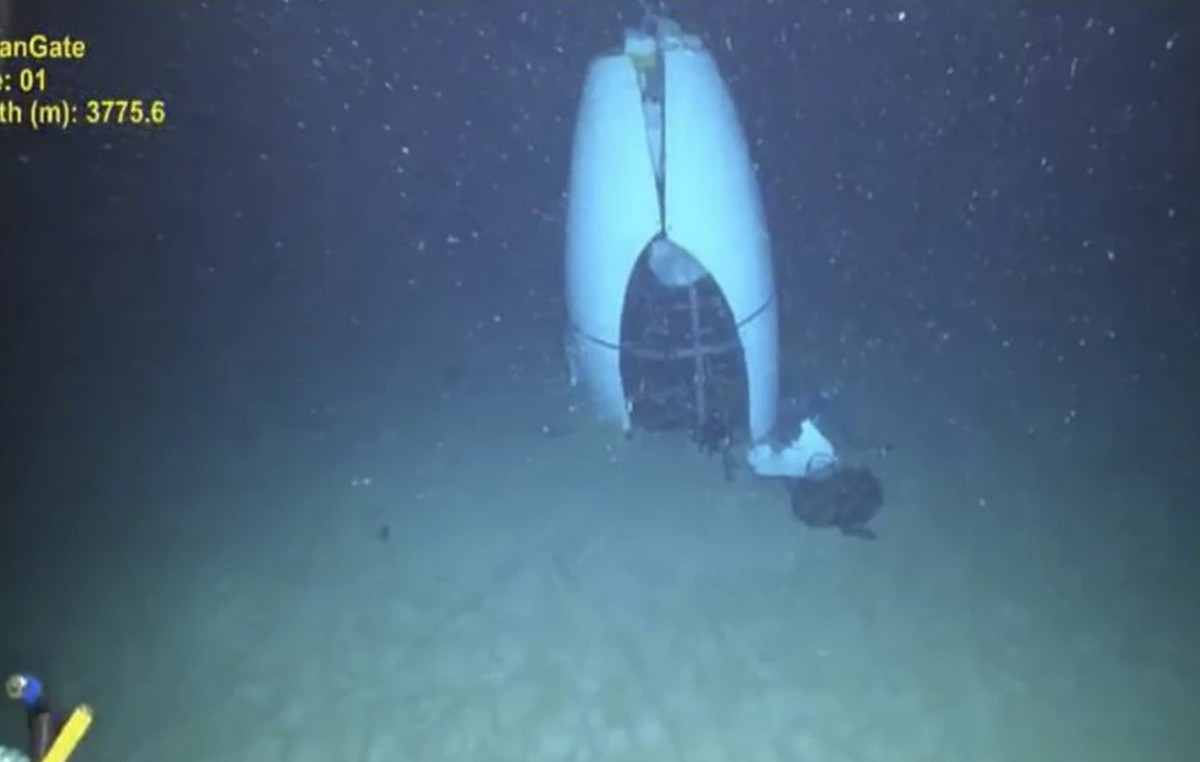The South Korean parliament’s vote to impeach President Yoon Suk Yeol, last Saturday (14), marked the culmination of an impressive political confrontation, which began with the decision to impose Martial Law throughout the country and stopped the country.
Yoon, who refused to resign, was suspended from office after at least 12 members of his own party in parliament voted in favor of impeachment. The then-president’s controversial decree culminated in a popular response translated into weeks of demonstrations.
But the political leader’s fate is far from sealed.
Yoon now awaits a higher court’s deliberation on whether he will be formally removed from the presidency, or whether he will be reinstated in the position. The process can last up to six months.
Despite the wait ahead, the former prosecutor-turned-president has been banned from leaving the country and faces a series of investigations, including potential charges of leading an insurrection – a crime punishable by life in prison or even the death penalty.
Here’s what you need to know about Yoon Suk Yeol’s future:
Long road to formal impeachment
The impeachment vote on Saturday (14) – welcomed by protesters outside parliament – was just the first step in a potentially long and challenging process to formally end Yoon’s presidency.
The next step is now up to the Constitutional Court, which has up to 180 days to decide whether to maintain or reject the impeachment vote. Meanwhile, Prime Minister Han Duck-soo serves as acting president.
The court met for the first time to discuss Yoon’s case on Monday (16) and announced plans to hold its first pre-trial hearing on December 27.
The judges say they consider the case a “top priority” among other impeachment cases that the opposition has pressed against Yoon’s administration, including the Minister of Justice, prosecutors and other senior officials.
In 2016, the Court took three months to make the decision to remove Park Geun-hye, the country’s first female leader and sitting president to be impeached. Park was sentenced to 20 years in prison for corruption and abuse of power, crimes that were later pardoned.
Another predecessor, Roh Moo-hyun, survived impeachment in 2004, when the Court rejected the motion after two months of deliberation. He served a five-year term.
This time, the Constitutional Court’s deliberations on Yoon’s future will be hampered by another factor: the nine-member court currently has just six judges, due to a delay in filling vacancies left by retired judges.
According to the Constitution of South Korea, at least six judges must approve an impeachment for it to be maintained. That means the court’s current justices would have to vote unanimously in favor of impeachment to formally remove Yoon unless he fills the vacant positions in the coming weeks.
The opposition parties and the ruling party intend to appoint three judges by the end of the month.
If the Constitutional Court upholds Yoon’s impeachment, he will become the shortest-serving president in South Korea’s democratic history. The country must then hold new presidential elections within 60 days.
Attempted insurrection
Although Yoon was suspended from exercising his powers, he was not officially removed from office. That means he still has presidential immunity from most criminal charges — except for insurrection or treason.
South Korean police, parliament, prosecutors and an anti-corruption body have launched separate investigations into Yoon on treason charges over the establishment of martial law.
These bodies accuse Yoon of “leading an insurrection” and abusing his power. On Monday, the team attempted to send a notice requiring Yoon to appear for questioning on Wednesday (18), but the presidential office refused to forward the request, a team official told reporters.
On Sunday (15), Yoon ignored a call from prosecutors who are conducting a separate investigation into his declaration of Martial Law. Prosecutors made a second request on Monday, although the date of the subpoena was not disclosed, according to Yonhap, a South Korean news agency.
Last week, the head of the country’s anti-corruption agency said his office would try to detain Yoon if conditions were met.
“If the situation permits, we will try to make an emergency arrest or an arrest based on a court warrant,” Oh Dong-woon, head of the Corruption Investigation Office for High-Level Officials, said at a parliamentary meeting.
On the same day, South Korean police attempted to break into the presidential office, but were denied entry.
South Korean prosecutors had previously detained former Defense Minister Kim Yong-hyun, who allegedly recommended martial law and resigned following the scandal. Kim tried to end his life in custody last week, according to the head of the country’s correctional service.
This content was originally published in South Korea: What will be the future of President Yoon Suk Yeol? on the CNN Brasil website.
Source: CNN Brasil
Bruce Belcher is a seasoned author with over 5 years of experience in world news. He writes for online news websites and provides in-depth analysis on the world stock market. Bruce is known for his insightful perspectives and commitment to keeping the public informed.







